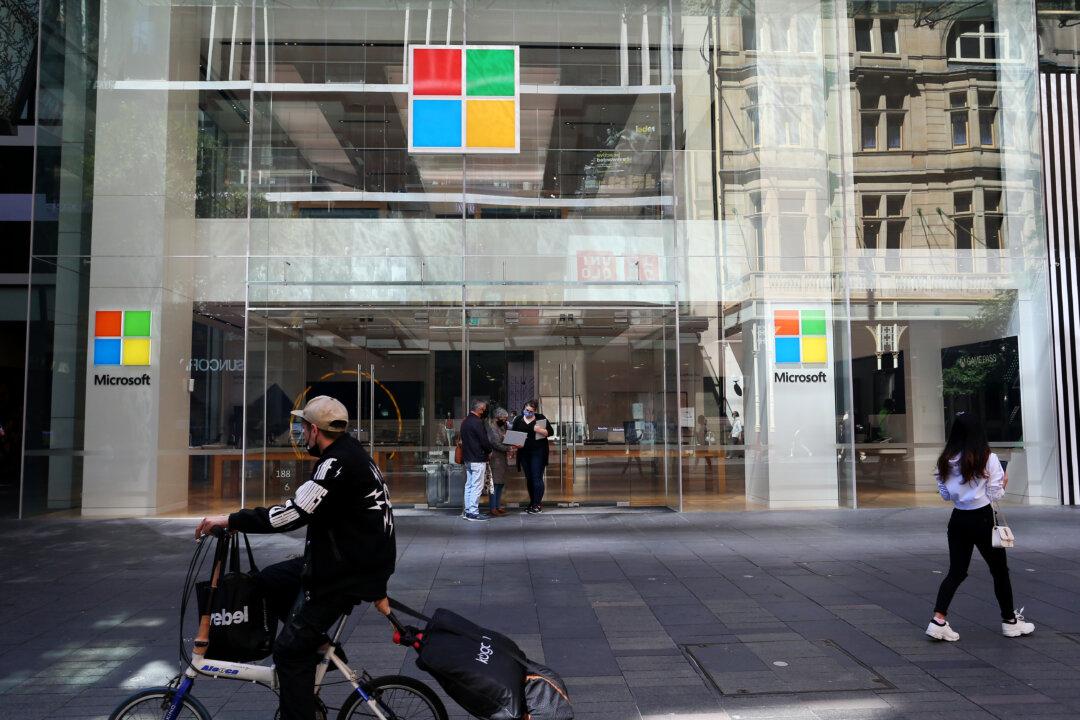Microsoft will spend $5 billion (US$3.18 billion) to expand its cloud computing and artificial intelligence (AI) infrastructure in Australia over the next two years.
The announcement was made during a meeting between Australian Prime Minister Anthony Albanese and Microsoft Vice Chair and President Brad Smith when the former visited the United States.





